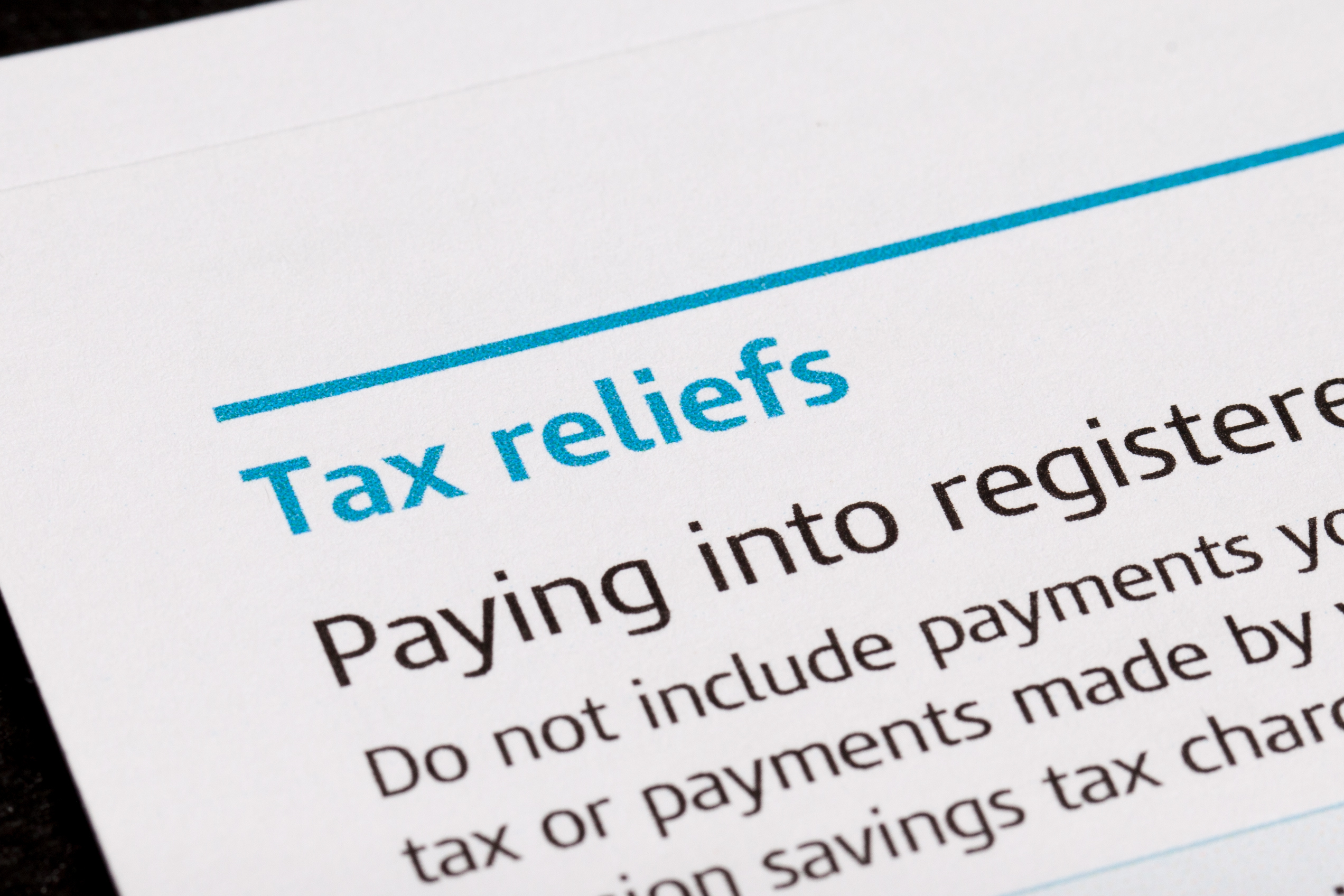
In the aftermath of a natural disaster or other casualty, apartment owners are faced with the cost of repairs, sorting out insurance, and tax issues – for both their own apartment and their building. Fortunately, one of the tax issues has now been resolved by the United States Court of Appeals for the Second Circuit (which includes New York City) in a manner favorable to owners of cooperatives.
In Alphonso v. Comm’r of Internal Revenue, ____ F.3d ____, 2013 WL 440162 (2d Cir. 2013), the court reversed the position of the Internal Revenue Service and held that owners of cooperatives may take deductions on their personal income tax returns for losses from a casualty to the cooperative’s common areas. The case concerned major damage suffered by the Castle Village cooperative in upper Manhattan when its large retaining wall collapsed in 2005. The cooperative repaired and restored the damaged common areas and assessed the tenant-shareholders for the expense.[1] The tenant-shareholder who brought the case had paid an assessment of $26,390, for which she claimed a casualty loss deduction of $23,188 on her income tax return.
The IRS and the U.S. Tax Court had rejected the shareholder’s claim on the rationale that she did not have a “property interest” in the common areas of the cooperative, since they were owned by the cooperative corporation, not her personally. The Court of Appeals reversed the Tax Court, finding that, while tenant-shareholders did not have “fee ownership” of the property, they nonetheless had an exclusive right to use the cooperative’s property, which was a sufficient “property interest” under the tax code to permit a casualty loss deduction.[2]
Cooperatives that have suffered damages from Hurricane Sandy should let shareholders know that they should consult their tax advisers on this issue. Condominium unit owners should also be aware of the possibility of taking casualty loss deductions, although condominium owners have a percentage ownership interest in the condominium’s common areas, and their right to the deduction has, until this decision, been on firmer ground. Please note that, in all cases, the casualty loss deduction is not available to the extent that the loss has been covered by insurance proceeds.
If you have any questions about this decision or related issues, please call us.
[1] In a separate case, the New York State appellate division ruled that the cost to restore the damage was not covered by the cooperative’s insurance. Castle Village Owners Corp. v. Greater N.Y. Mut. Ins. Co., 64 A.D.3d 44, 878 N.Y.S.2d 311 (1st Dep’t 2009).
[2] The Tax Court did not address another issue that had been raised by the IRS but not presented to the court, namely, whether the collapse of the retaining wall constituted a “casualty” (meaning “an event due to some sudden, unexpected or unusual cause”) or was simply due to the gradual weakening of the wall. If the collapse is determined not to be a “casualty”, the claim will be denied.
This memorandum was initially issued by the cooperative/condominium practice group of Balber Pickard Maldonado & Van Der Tuin, PC which joined Smith, Gambrell & Russell, LLP on February 1, 2017 and now practices as part of SGR’s cooperative/condominium practice group.

